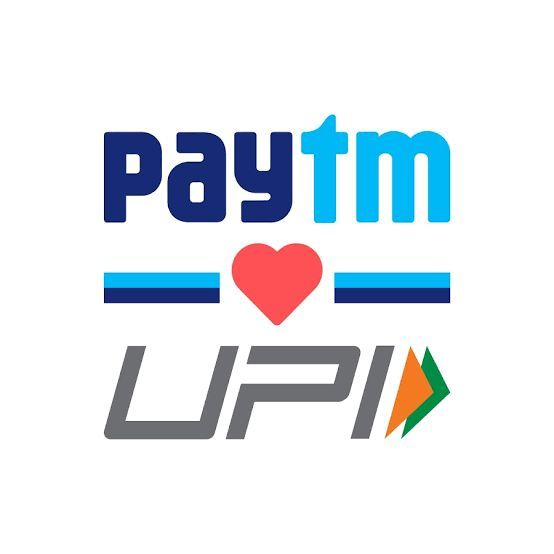Fintech major One97 Communications Ltd, the parent company of Paytm, has reported a significant improvement in financial performance during the second quarter of FY26. The company’s revenue from operations has risen 24 percent year-on-year to Rs 2,061 crore for the quarter ending September 2025. The growth has been attributed to higher subscription-based merchant services, expansion in payments gross merchandise value, and continued traction in financial-services distribution.
The company’s contribution profit increased 35 percent year-on-year to Rs 1,207 crore, leading to a contribution margin of 59 percent, which is five percentage points higher than last year. EBITDA for the quarter stood at Rs 142 crore, representing 7 percent of revenue as Paytm continued its emphasis on operational leverage and cost control measures.
Paytm Revenue Growth
Profit after tax before exceptional items came in at Rs 211 crore. However, a one-time impairment charge of Rs 190 crore on a loan to joint venture First Games Technology Pvt Ltd resulted in a reported PAT of Rs 21 crore. The company highlighted that the charge was triggered due to the recent government regulations under the Promotion and Regulation of Online Gaming Act, 2025, which led to an operational halt in that segment.
Cash and equivalents as of September 2025 stood at Rs 13,068 crore. This figure excludes customer and merchant escrow balances, which together total approximately Rs 3,605 crore.
Payments Services Strengthen
Paytm reported strong growth in its payments business with revenue from payment services, including other operating income, rising 25 percent year-on-year to Rs 1,223 crore. Net revenue from payments increased 28 percent to Rs 594 crore, supported by improved processing margins and increasing adoption of credit cards on UPI. The company’s gross merchandise value expanded 27 percent to Rs 5.67 lakh crore.

Merchant device subscriptions grew to 1.37 crore, 25 lakh higher compared to last year. Paytm noted that refurbishing inactive devices and redeploying them has helped reduce capital expenditure.
Financial Services Grow Rapidly
Financial-services distribution revenue rose 63 percent year-on-year to Rs 611 crore, driven by an increase in merchant-loan disbursements and enhanced collection performance. The number of merchants availing loans rose from 6 lakh to 6.5 lakh over the same period. AI-based predictive systems are being credited for improved asset quality and lower delinquencies for lending partners.
The company has also restarted its Paytm Postpaid feature in partnership with a bank, offering customers a limited rollout of a UPI-based overdraft facility that will widen gradually. In personal loans, disbursements remain cautious but are expected to scale as market conditions stabilise.
Operating expenses including ESOP charges declined 18 percent year-on-year to Rs 1,064 crore, supported by lower stock-based compensation after founder ESOP surrender in FY25. Marketing expenditure fell 42 percent year-on-year to Rs 72 crore due to improved retention. Sales employee costs increased 38 percent to Rs 297 crore as Paytm expanded into more Tier-2 and Tier-3 cities.
Paytm Business
Software, cloud and data-centre costs reduced 16 percent year-on-year to Rs 133 crore. Depreciation and amortisation expenses also decreased 23 percent as a result of the refurbished-device strategy.
Marketing-services revenue stood at Rs 228 crore, down 15 percent year-on-year after adjusting for the divestment of the entertainment-ticketing business. While app-based advertisement revenue has softened, the company stated that AI-driven personalisation tools and app optimisation have strengthened user engagement and should support long-term monetisation across the Paytm ecosystem.


